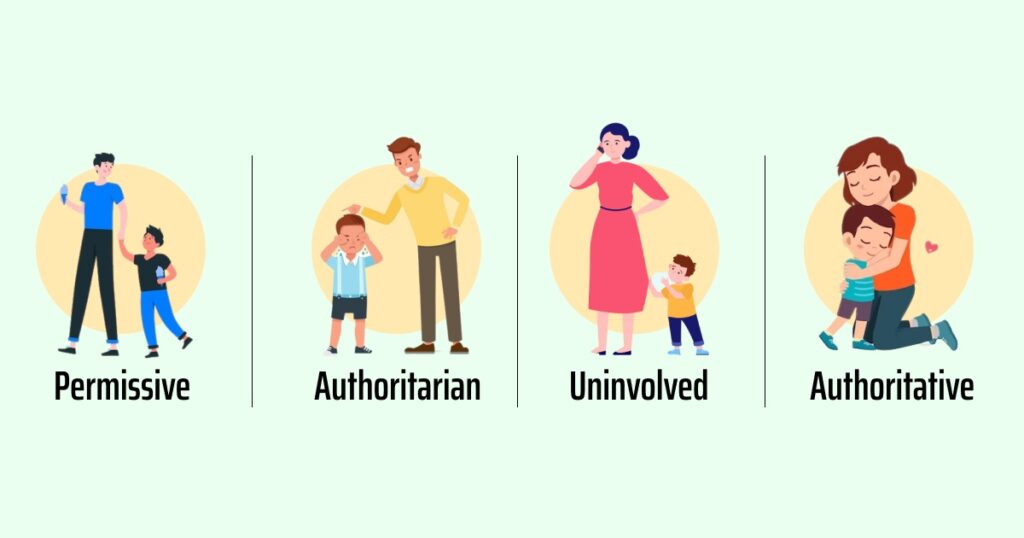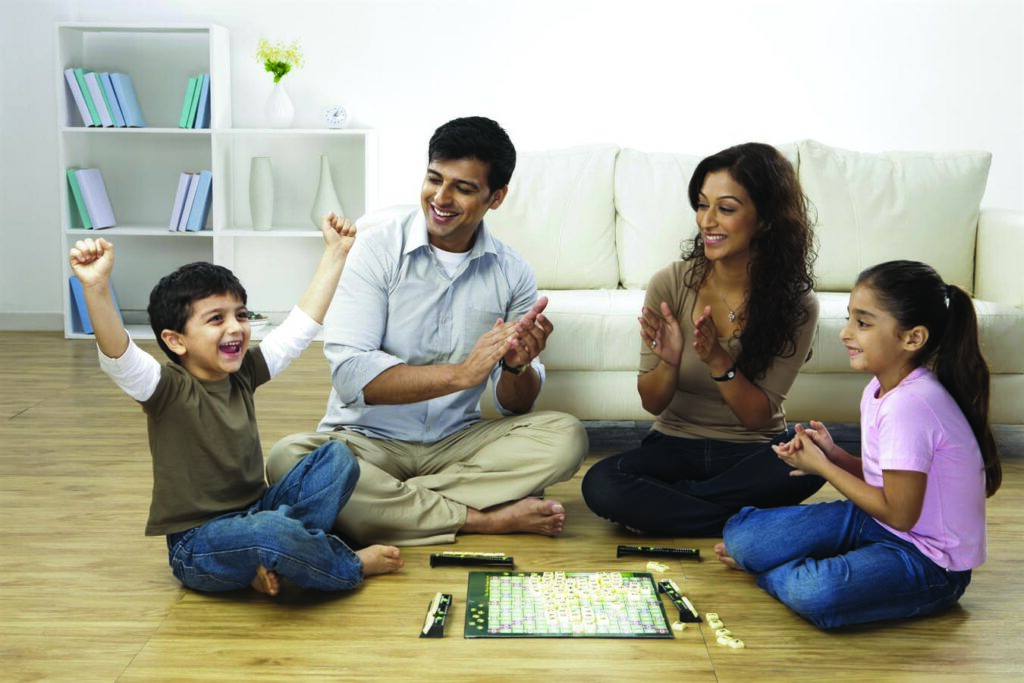Parenting styles play a crucial role in shaping children’s behavior, self-esteem, and overall development. In India, like elsewhere, various parenting approaches influence how children perceive themselves and interact with the world around them.
Authoritative parenting is commonly practiced in Indian households, characterized by warmth, support, and clear expectations. Parents set reasonable boundaries while encouraging independence, fostering children’s confidence and social competence.
On the other hand, authoritarian parenting, often seen in traditional Indian families, emphasizes strict rules and discipline with little room for negotiation. While this approach may instill obedience, it can also stifle children’s autonomy and creativity, impacting their emotional well-being.
Permissive parenting, though less prevalent, allows considerable freedom and few restrictions. While children may enjoy flexibility, they might lack guidance and struggle with self-discipline, affecting their academic and social success.

Uninvolved parenting, although rare in India’s closely-knit family structure, occurs when parents are disengaged and indifferent to their children’s needs. This neglect can lead to emotional insecurity and behavioral issues, hindering children’s overall development.
Understanding these parenting styles can help Indian parents navigate their role effectively, fostering healthy relationships and positive outcomes for their children. By adopting an authoritative approach, balancing warmth and discipline, parents can promote resilience and well-being in their children.
Ultimately, the goal of parenting in India, as elsewhere, is to raise confident, compassionate, and capable individuals who contribute positively to society.
#IndianParenting #ParentingStylesIndia #ChildDevelopment #FamilyValues #EmotionalWellbeing #PositiveParenting #CulturalParentingApproaches





